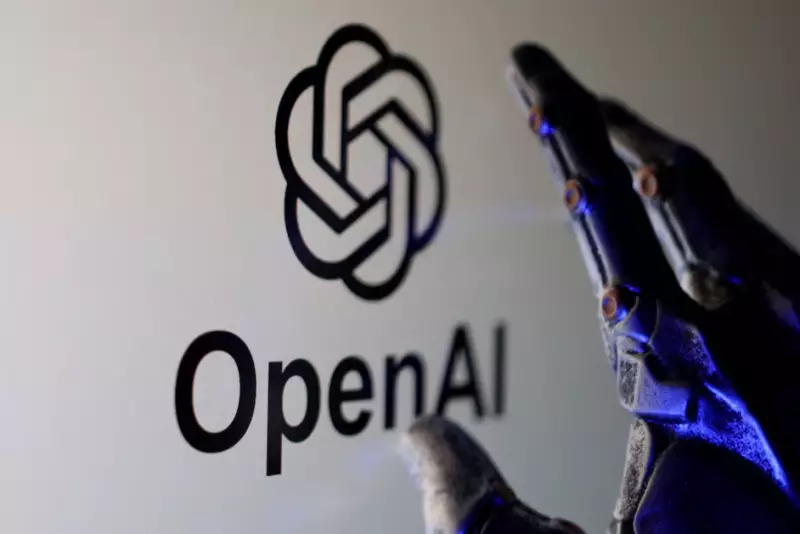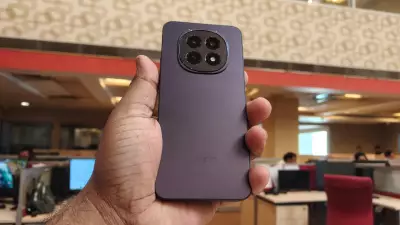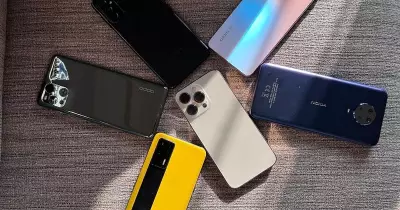
In a landmark decision that could have far-reaching implications for artificial intelligence development, a German court has ruled that OpenAI violated copyright laws through its ChatGPT chatbot. The regional court in Munich found that the popular AI tool illegally reproduced lyrics from nine popular German songs without proper authorization.
The Copyright Infringement Case Details
The lawsuit was filed by GEMA, Germany's leading music rights organization representing composers, lyricists, and music publishers. The court determined that OpenAI trained its language models on copyright-protected content, specifically including lyrics from songs by celebrated German artists Herbert Grönemeyer and Helene Fischer.
Among the tracks cited in the case were Grönemeyer's iconic songs "Männer" and "Bochum", along with Fischer's massive hit "Atemlos durch die Nacht". Presiding Judge Elke Schwager ordered OpenAI to pay damages for the unauthorized use of these German songs, though the exact compensation amount remains undisclosed in public reports.
Broader Implications for AI Training Practices
This ruling highlights growing global concerns about how generative AI systems are trained using copyrighted materials. Kai Welp, legal advisor for GEMA, expressed hope that this decision will establish clearer frameworks for compensating rights holders when their creative works are used to train AI systems.
OpenAI defended its position by arguing that its models don't store or copy specific data but instead generate outputs based on patterns learned from massive datasets. However, the Munich court concluded that ChatGPT's memorization and reproduction of lyrics constituted a clear breach of copyright law.
Not OpenAI's First Copyright Challenge
This German case isn't the first copyright infringement allegation faced by the ChatGPT creator. Just last month, a US judge allowed a major class-action lawsuit against OpenAI to proceed, focusing on potential copyright violations involving George R.R. Martin's "Game of Thrones" series.
US District Judge Sidney Stein ruled in Manhattan Federal Court that a reasonable jury could find ChatGPT outputs substantially similar to protected works. The consolidated case involves numerous prominent authors, including Martin, Michael Chabon, and Sarah Silverman, who allege both OpenAI and Microsoft used their books without permission to train language models.
These back-to-back legal challenges in different jurisdictions signal a growing global scrutiny of how AI companies handle copyrighted material during their training processes. The outcomes could potentially reshape how artificial intelligence systems are developed and what protections are afforded to creative professionals worldwide.






